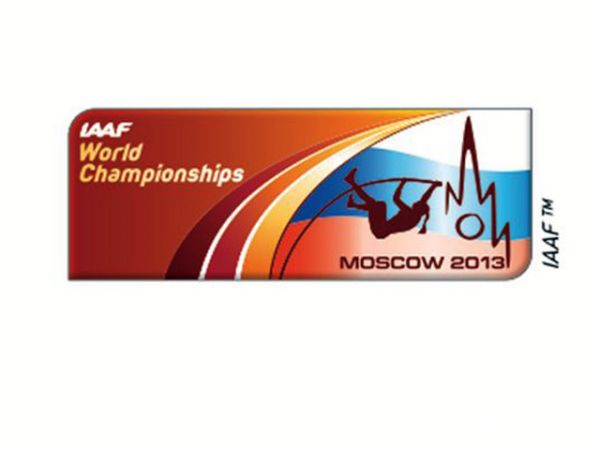Monaco, May 16, 2013: The IAAF World Championships Moscow 2013, which takes place from 10 to 18 August, will be infused with memories of the last global athletics championship to be staged in the famous Luzhniki Stadium: the 1980 Olympic Games.
It was a very different era politically and several major athletics nations boycotted the Games – including the USA, West Germany and Kenya – but there was still a plethora of stunning performances from the 70 countries and 960 athletes who participated.
Six World records and four Olympic records were set over the nine days of action.
In the men’s field events, East German high jumper Gerd Wessig cleared 2.36m and Polish pole vaulter Wladislaw Kozakiewicz went over 5.78m while Soviet hammer thrower Yuriy Sedykh reached 81.80m to go into new territory for their events; performances that stand up well 33 years later and would possibly be good enough for medals again this summer.
On the women’s side, Soviet 800m runner Nadezhda Olizarenko clocked 1:53.43, a time that is still the second-fastest ever over two laps of the track, while her compatriot Nadezhda Tkachenko put together a tally of 5083 points in the now-defunct Pentathlon, and East Germany’s 4x100m quartet clocked 41.60 for another World record on the final day of the competition.
Equally memorable were some of the great races, including the famous Coe v Ovett duels in the men’s middle distance events, with the former taking the 1500m gold medal and the latter the 800m title.
Ethiopia’s Miruts Yifter achieved the 5000m and 10,000m double and his feats were an inspiration to a generation of African runners, not least a young Haile Gebrselassie, who was listening at home to the races on a radio.
Pietro Mennea, Italy’s then World record-holder, came through strong in the closing stages to win a memorable 200m contest against Allan Wells, winner of the 100m.
In the women’s field events, the Moscow crowd were bowled over by the charm and grace of Italy’s High Jump champion Sara Simeoni and the power of East German discus thrower Evelin Jahl, who defended her crown from four years earlier with an Olympic record of 69.96m, unleashing four throws better than anyone else.
Looking back to 1980, it is also worth reflecting on how much has changed since then; not just in the political landscape, but also the athletics programme, and especially in the women’s events.
The longest running event was the 1500m and there was no Pole Vault, Triple Jump or Hammer Throw for women.
The very first IAAF World Championships was also three years away, having been agreed in 1978 at the IAAF Congress in Puerto Rico.
This August, when almost three times the number of countries and competitors will converge on the Russian capital than they did in 1980, many medallists from those Games will be present and able to provide a physical link between now and the events of 33 years ago. —- IAAF


Leave a Reply
You must be logged in to post a comment.